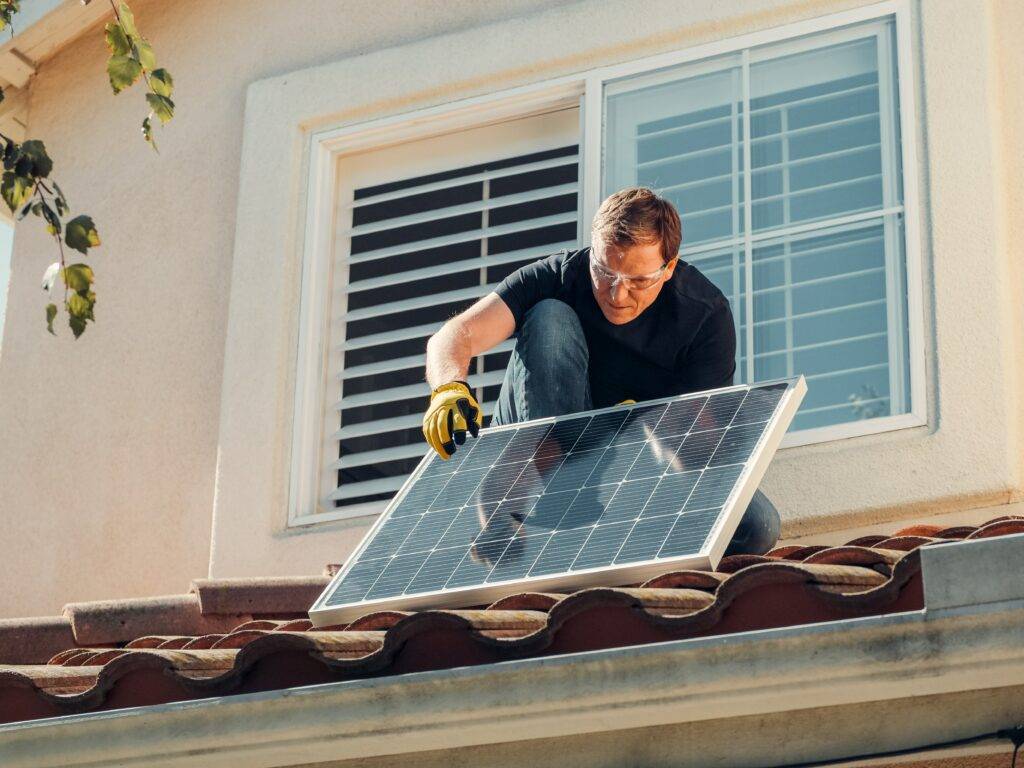Solar batteries are a crucial component of a solar energy system, allowing homeowners to store excess energy for later use. Understanding the lifespan of solar batteries is important when considering the long-term viability and cost-effectiveness of such systems. In this article, we will delve into the factors that affect the lifespan of solar batteries, discuss the best options available in the market, and answer the top 10 questions that energy storage and solar industry professionals often ask.

Solar Battery Lifespan Factors:
Several factors influence the lifespan of solar batteries. Let’s explore them in detail:
1. Battery Capacity and Power Rating:
The capacity and power rating of a solar battery determine how much energy it can store and deliver. Higher capacity batteries can power your home for a longer duration, while higher power rating batteries can handle larger energy demands. These factors affect the overall lifespan of the battery.
2. Energy Consumption:
The amount of energy your household consumes plays a significant role in determining how long a solar battery can power your home. A higher energy consumption requires a larger battery capacity and may impact its lifespan.
3. Solar Panel System:
The presence of a solar panel system is crucial when evaluating the duration a solar battery can power your home. Solar panels generate electricity during the day, reducing the reliance on stored energy. This impacts the frequency of battery usage and its lifespan.
4. Connection to the Electric Grid:
If your solar battery is connected to the electric grid, it can rely on grid power during periods of low energy production. This reduces the strain on the battery and extends its lifespan.
5. Depth of Discharge (DoD):
The depth of discharge, or the percentage of battery capacity used, also affects its lifespan. Most batteries should not be discharged beyond a certain DoD to maintain optimal performance. Generally, batteries peak at a 90% DoD.
6. Environmental Factors:
Extreme temperatures can significantly impact a solar battery’s lifespan. Protecting the battery from freezing or sweltering conditions is crucial. Some manufacturers offer temperature moderation features, while other solutions, like earth-sheltered enclosures, can be used.
Best Options for Solar Batteries:
When it comes to choosing the right solar battery, several options are available in the market. Here are the top three:
1. Lithium Ion Batteries:
Lithium ion batteries are the most popular choice for solar panel systems. They are lightweight, compact, have a longer lifespan, and a higher depth of discharge compared to other battery types. Although they are more expensive, their superior performance makes them worth the investment.
2. Lead Acid Batteries:
Lead acid batteries have been used in off-grid systems for many years. They are cost-effective and suitable for homeowners looking to go off-grid. However, they have a shorter lifespan and lower depth of discharge compared to lithium ion batteries.
3. Saltwater Batteries:
Saltwater batteries are a newer technology that uses saltwater electrolytes instead of heavy metals. They are environmentally friendly and easily recyclable. However, they are relatively untested in the market, and their availability may be limited.
Top 10 Questions and Answers:
1. How long do solar batteries typically last?
Solar batteries have a useful lifespan of 5 to 15 years, depending on various factors such as battery type, usage, and maintenance.
2. Can a solar battery power my home overnight?
Yes, a fully charged solar battery can power your home overnight when solar panels are not producing energy.
3. How many solar batteries do I need for 24-hour power?
The number of batteries required depends on factors such as energy consumption, solar panel capacity, and battery capacity. On average, one or two batteries can provide sufficient power for nighttime usage.
4. Do I need backup power for cloudy days?
If you want to disconnect from the electric grid, it’s advisable to install a few days’ worth of backup power to account for cloudy weather.
5. How can I extend the lifespan of my solar battery?
Proper maintenance, including temperature control and regular check-ups, can significantly extend the lifespan of a solar battery.
6. Can I use my solar battery during a power outage?
Yes, if your solar battery is connected to the electric grid, it can provide backup power during a power outage.
7. How much does a solar battery cost?
The cost of a solar battery depends on various factors such as capacity, power rating, and battery type. On average, prices range from $5,000 to $15,000.
8. Can I install a solar battery myself?
While it’s possible to install a solar battery yourself, it is recommended to hire a professional to ensure proper installation and compliance with safety standards.
9. Are there any government incentives for solar battery installations?
Many countries offer incentives, such as tax credits or rebates, to encourage solar battery installations. Check with your local government or utility company for available incentives.
10. Can I add more solar batteries to my system in the future?
Yes, it is possible to add more solar batteries to your system in the future to increase storage capacity. However, consult with a professional to ensure compatibility and proper system configuration.
Remember, when considering solar batteries, it’s important to evaluate your specific energy needs, budget, and the available options to make an informed decision.



